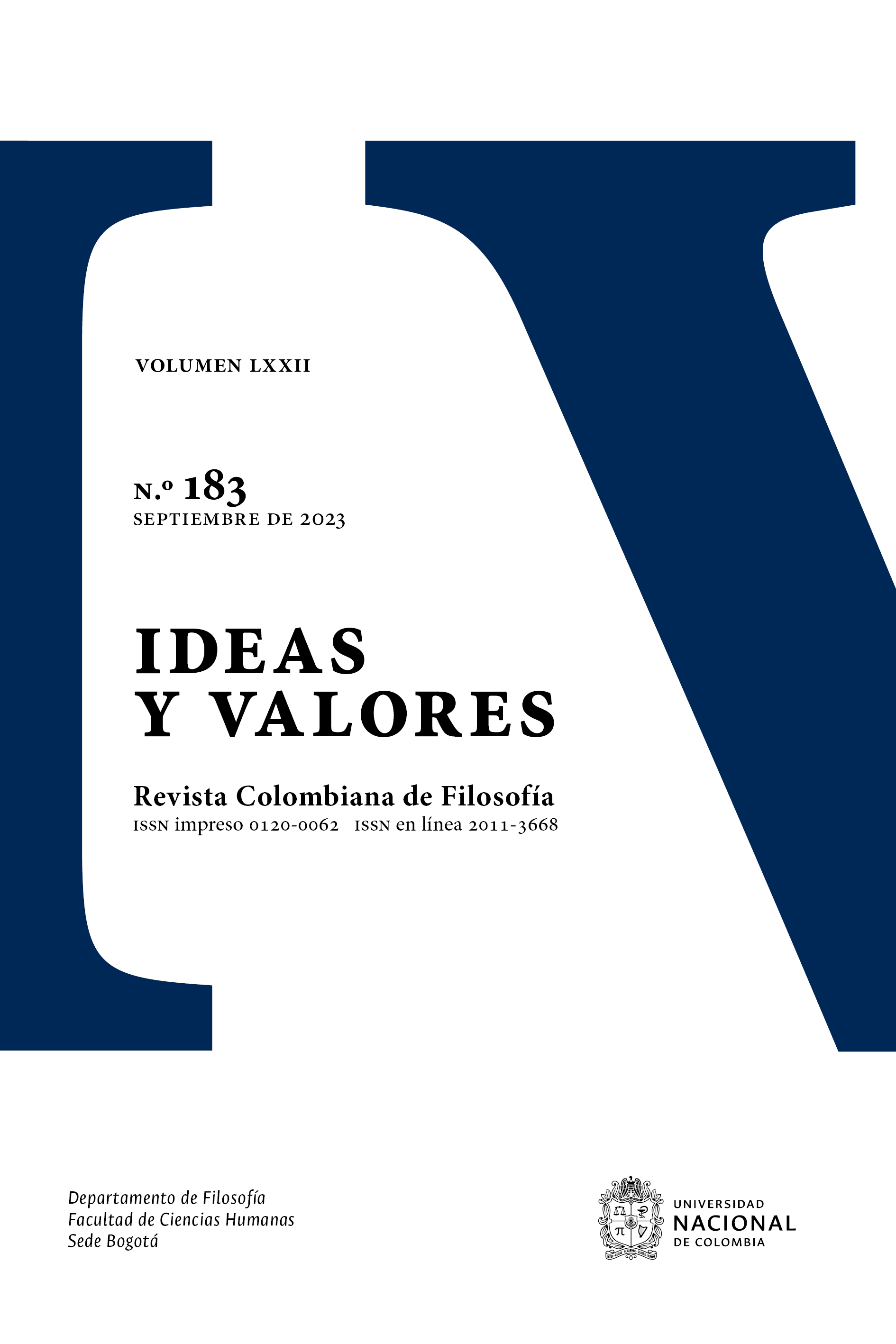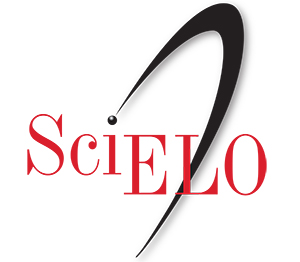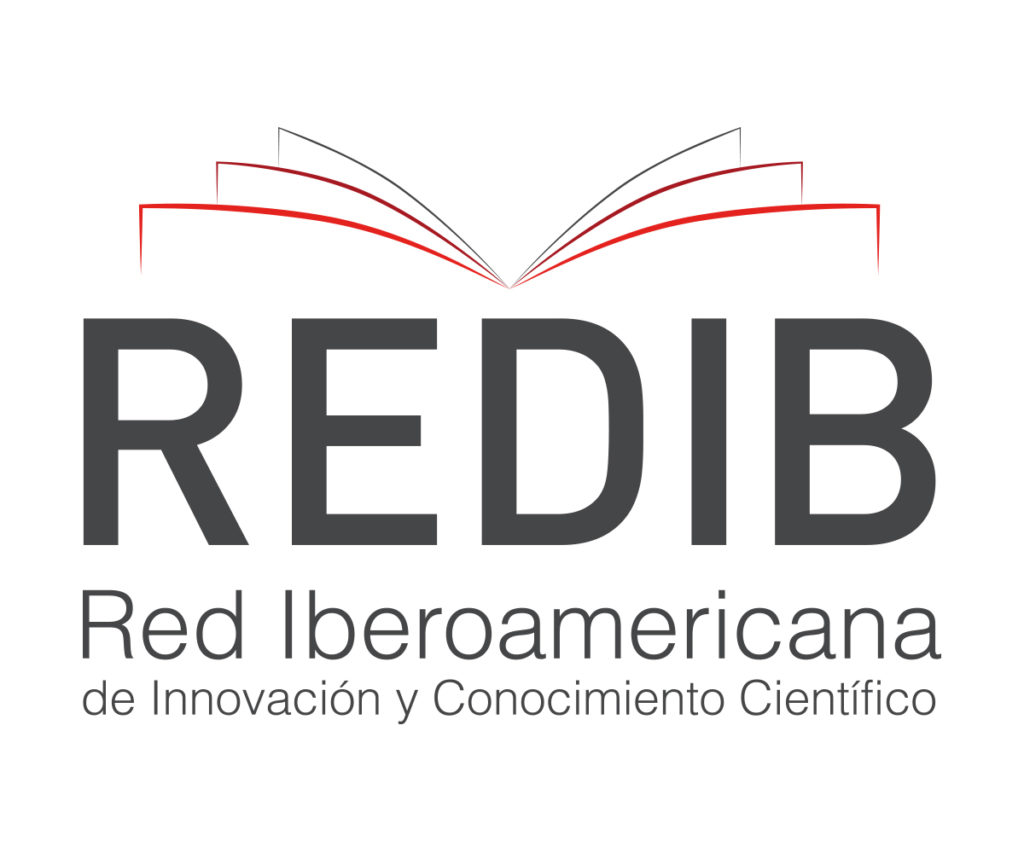Recuperando la ingenuidad del hombre común. La influencia de John Dewey en la filosofía de Hilary Putnam
Recovering an Ordinary People Naiveté. The Influence of John Dewey in Hilary Putnam's Philosophy
DOI:
https://doi.org/10.15446/ideasyvalores.v72n183.92573Palabras clave:
realismo, pragmatismo, percepción, esquemas conceptuales (es)realism, pragmatism, perception, conceptual schemes (en)
Descargas
Las Conferencias John Dewey marcan el cambio en el pensamiento de Putnam hacia un nuevo realismo naturalista que trataba de ofrecer un camino medio al debate entre realistas y antirrealistas. Este giro vendrá fuertemente influenciado por la corriente pragmatista y, en particular, por los filósofos William James y John Dewey. Estas páginas buscan rastrear las ideas deweyanas que Putnam recoge, enfatizando esa recuperación de la filosofía como disciplina que atienda a los problemas del hombre común.
Dewey Lectures involves a shift in Putnam's thinking to a new naturalistic realism that attempt to offer a middle way to the debate between realists and antirealists. This turn will be strongly influenced by pragmatist tradition, particularly by the philosophers William James and John Dewey. These pages seek to trace the Deweyan ideas that Putnam collects, emphasizing that recovery of philosophy as a discipline that attends to the problems of the common man.
Referencias
Alexander, Thomas. The Human Eros. Eco-Ontology and the Aesthetics of Existence. New York: Fordham University Press, 2013. DOI: https://doi.org/10.5422/fordham/9780823251209.001.0001
Baghramian, Maria. Relativism. Londres: Routledge, 2004. DOI: https://doi.org/10.4324/9780203645895
Baghramian, Maria. “From realism back to realism: Putnam ́s long journey.” Philosophical Topics, 36 (2008): 17-35. DOI: https://doi.org/10.5840/philtopics20083612
Baghramian, Maria. (Ed.). Reading Putnam. Londres: Routledge, 2012. DOI: https://doi.org/10.4324/9780203117095
Bernstein, Richard. “Dewey’s Naturalism.” Review of Metaphysics, 1.13 (1953): 340-353.
Bernstein, Richard. John Dewey. California: Ridgeview Publishing Company, 1966.
Bernstein, Richard. “El resurgir del pragmatismo.” Traducido por Elvira Barroso Bronheim. Philosophica Malacitana. Suplemento I: El giro posmoderno (1993): 11-30.
Bernstein, Richard. “La idea de comunidad en la tradición pragmática norteamericana.” Revista mexicana de ciencias políticas y sociales, 43.172 (2015): 19-39. DOI: https://doi.org/10.22201/fcpys.2448492xe.1998.172.49233
Calcaterra, Rosa. “El James de Putnam.” Arete, 22.2 (2010): 189-208. DOI: https://doi.org/10.18800/arete.201002.002
Del Castillo, R. Rorty y el giro pragmático. Barcelona: Bonalletra Alcompas, 2015.
Dewey, John. “Experience and Objective Idealism.” 1906. The Middle Works of John Dewey, editado por. J. A. Boydston. Carbondale: Southern Illionis University Press, 2008. 128-144.
Dewey, John. Experience and Nature. 1920. The Later Works of John Dewey, editado por. J. A. Boydston. Carbondale: Southern Illionis University Press, 2008.
Dewey, John. Philosophy and Civilization. 1927. The Later Works of John Dewey, editado por. J. A. Boydston. Carbondale: Southern Illionis University Press, 2008.
Dewey, John. Logic: The Theory of Inquiry. 1938. The Later Works of John Dewey, editado por. J. A. Boydston. Carbondale: Southern Illionis University Press, 2008.
Di Berardino, María Aurelia y Faerna García-Bermejo, Ángel Manuel. “Introducción”. Teoría de la valoración. Madrid: Biblioteca Nueva, 2007. 3-33.
Faerna, Ángel. “Hilary Putnam y la nostalgia del pragmatismo.” Análisis. Revista de investigación filosófica, 5.1 (2018): 73-90. DOI: https://doi.org/10.26754/ojs_arif/a.rif.201812917
González de Luna, Eduardo. “La vuelta a la ingenuidad: un comentario sobre el realismo natural de Hilary Putnam.” Valenciana. Estudios de filosofía y letras, 3 (2009): 103-130. DOI: https://doi.org/10.15174/rv.v0i3.402
Goodman, Nelson. Maneras de hacer mundos. Traducido por de Carlos Thiebaut. Madrid: Antonio Machado Libros, 2015.
Hickman, Larry y Neubert, Stefan. John Dewey: Between Pragmatism and Constructivisim. New York: Fordham University Press, 2009. DOI: https://doi.org/10.5422/fso/9780823230181.001.0001
Hildebrand, David. Beyond Realism and 22ntirealism: John Dewey and the Neopragmatists. Nashville: Vanderbilt University Press, 2003. DOI: https://doi.org/10.2307/j.ctv16b78d6
Hildebrand, David. “Putnam, Pragmatism and Dewey.” Transactions of the Charles S. Peirce Society, 36.1 (2000): 109-132.
James, William. “A World of Pure Experience.” Journal of Philosophy, Psychology, and Scientific Methods, 1 (1904): 533-543. DOI: https://doi.org/10.2307/2011912
Liz, Manuel. “Hilary Putnam y la tercera vía del realismo natural.” Universitas Philosophica 32 (1999): 61-89.
Mayoral, Juan Vicente. “Hilary Putnam, la evolución del realismo y la perspectiva pragmatista.” Análisis. Revista de investigación filosófica 5.1 (2018): 3-25. DOI: https://doi.org/10.26754/ojs_arif/a.rif.201812919
McDermott, John. The Philosophy of Dewey. The Lived Experience. New York: New York University Press, 1973.
McDermott, John. The Culture of Experience. Philosophical Essays in the American Grain. New York: New York University Press, 1976.
McDowell, John. “Criteria, Defeasibility, and Knowledge.” Proceedings of the British Academy, 24 (1982): 455-479.
McDowell, John. Mente y mundo, Salamanca: Sígueme, 2003.
O’Shea, James. “American Philosophy in the Twentieth Century.” The Routledge Compation to the Twentieth Century Philosophy, editado por Dermot. Moran. London: Routledge, 2008.
Putnam, Hilary. Words and Life. Cambridge: Harvard University Press, 1981.
Putnam, Hilary. Realism with Human Face. Cambridge: Harvard University Press, 1990.
Putnam, Hilary. Renewing Philosophy. Cambridge: Harvard University Press, 1992. DOI: https://doi.org/10.4159/9780674042384
Putnam, Hilary. “Sense, Nonsense, and the Senses: An Inquiry into the Powers of the Human Mind.” The Journal of Philosophy, 401.9 (1994a): 445-517. DOI: https://doi.org/10.2307/2940978
Putnam, Hilary. Las mil caras del realismo. Traducido por Margarita Vázquez Campos y Antonio Manuel Liz Gutiérrez. Barcelona: Paidós, 1994b.
Putnam, Hilary. La trenza de tres cabos: la mente, el cuerpo y el mundo. Traducido por José Francisco Álvarez Álvarez. Madrid: Siglo XXI, 2001.
Putnam, Hilary. “Coment on Ruth Anna Putnam’s paper.” Hilary Putnam. Pragmatism and Realism. New York: Routledge, 2002. 12-13.
Putnam, Hilary. “From Quantum Mechanics to Ethics and Back Again.” Reading Putnam, editado por M. Baghramian. Londres: Routledge, 2012. 19-36.
Putnam, Hilary. “Dewey’s Central Insight.” Pragmatism as a Way of Life. Cambridge: Harvard University Press, 2017. 276-293. DOI: https://doi.org/10.4159/9780674979215
Putnam, Hilary. “What Makes Pragmatism so Different.” Pragmatism as a Way of Life. Cambridge: Harvard University Press, 2017. 36-54. DOI: https://doi.org/10.4159/9780674979215-005
Putnam, Ruth Anna. “Weabing Seamless Web.” Philosophy, 62.240 (1987): 207-220. DOI: https://doi.org/10.1017/S0031819100064044
Putnam, Ruth Anna. “Taking pragmatism seriously.” Hilary Putnam. Pragmatism and Realism. New York: Routledge, 2002. 7-11.
Rorty, Richard. La filosofía y el espejo de la naturaleza. Traducido por Jesús Fernández Zulaica. Madrid: Cátedra, 1979.
Rorty, Richard. Consecuencias del pragmatismo. Traducción de José Miguel Esteban Cloquell. Madrid: Tecnos, 1982.
Rorty, Richard. “Pragmatismo, pluralismo y postmodernismo.” Éndoxa. Series filosóficas, 12 (1998): 17-32. DOI: https://doi.org/10.5944/endoxa.12-1.2000.4944
Ryder, John. The Things in Heaven and Earth: An Essay in Pragmatic Naturalism. New York: Fordham University Press, 2013. DOI: https://doi.org/10.5422/fordham/9780823244683.001.0001
Thayer, H. S. Meaning and Action: a Critical History of Pragmatism. Indianapolis: Bobbs-Merrill, 1968.
Cómo citar
MODERN-LANGUAGE-ASSOCIATION
ACM
ACS
APA
ABNT
Chicago
Harvard
IEEE
Turabian
Vancouver
Descargar cita
Licencia
Derechos de autor 2021 Los derechos son del autor(es), quien(es) puede re-publicar en parte o en su totalidad el documento ya publicado en la revista siempre y cuando se dé el debido reconocimiento a Ideas y Valores

Esta obra está bajo una licencia internacional Creative Commons Atribución-NoComercial-SinDerivadas 4.0.
De acuerdo con la Licencia Creative Commons Atribución-No Comercial-SinDerivar 4.0 Internacional. Se autoriza copiar, redistribuir el material en cualquier medio o formato, siempre y cuando se conceda el crédito a los autores de los textos y a Ideas y Valores como fuente de publicación original. No se permite el uso comercial de copia o distribución de contenidos, así como tampoco la adaptación, derivación o transformación alguna de estos sin la autorización previa de los autores y de la dirección de Ideas y Valores. Para mayor información sobre los términos de esta licencia puede consultar: http://creativecommons.org/licenses/by-nc-nd/4.0/legalcode.















.jpg)











